Had a wonderful time chatting with Andy Fuller about gender equity in sports, the winter olympics, and my research with reindeer herders in Finland.
Fun interview and nice little writeup by Liz Harter. Have a listen and read here.
Had a wonderful time chatting with Andy Fuller about gender equity in sports, the winter olympics, and my research with reindeer herders in Finland.
Fun interview and nice little writeup by Liz Harter. Have a listen and read here.
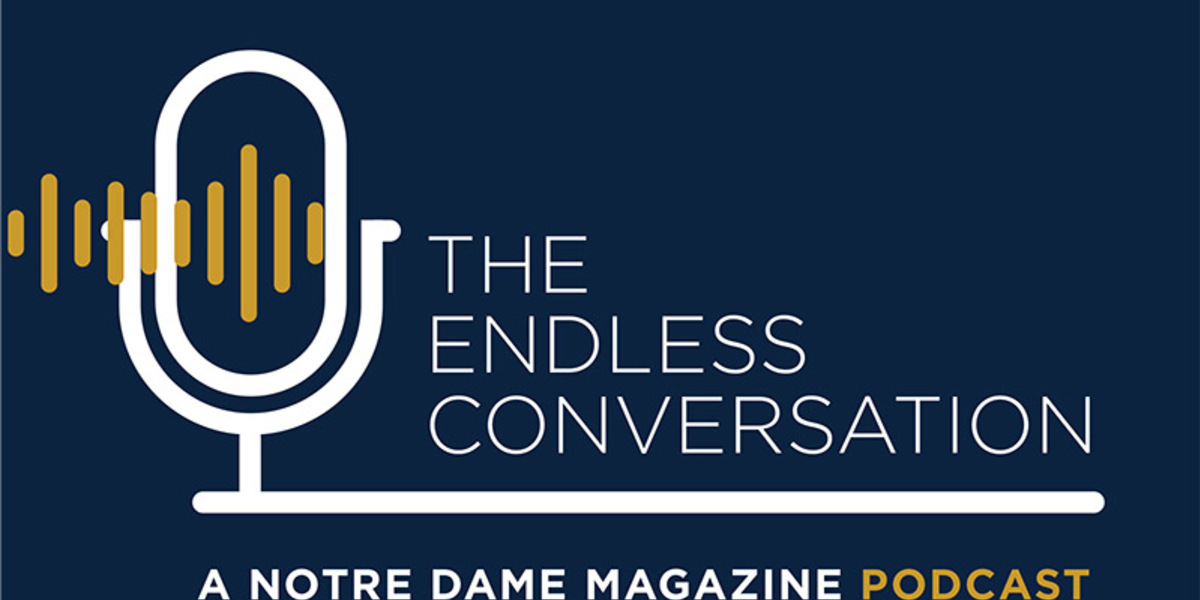
I had the opportunity to chat with Erin Fennessy, a University of Notre Dame undergraduate studying biochemistry and journalism, for the Notre Dame Magazine podcast The Endless Conversation.
We chatted about gender disparities in sports both locally and globally as well as my own experiences weightlifting.
Part of my work with the Sausage of Science podcast was developing the #Hackademics mini series. This series of episodes focused on the unspoken issues and rules within academia – issues and rules that need to be brought to light, need to be talked about.
We have covered imposter syndrome, preparing for and coming back from fieldwork, and science communication to name a few. Though the podcast has a broad, accessible reach, it does not have the weight of a peer reviewed publication in terms of being a citable and respectable resource. As such, my podcast co-host, Chris Lynn, and I decided to turn the #Hackademics podcast mini series into an academic journal special issue. With the blessing and wonderful support of Bill Leonard, editor in chief at the American Journal of Human Biology, this has become a reality.
One of my contributions to this special issue was a paper on mentorship. This is a topic near to my heart and near to my career. I have experienced poor mentorship and I have experience good, nurturing mentorship. I work exceptionally hard on making sure my mentees have a good mentorship experience with me – I am not always successful, but I work at it.
Writing this manuscript, however, was a massive team effort. The team consisted of Alexandra Niclou (my graduate student), Tisa Loewen, Kendall Arslanian, Rebecca Gibson, and Claudia Valeggia. We each represent different personal identities, stages in the academic trajectory, and a range of experiences as mentors and mentees.
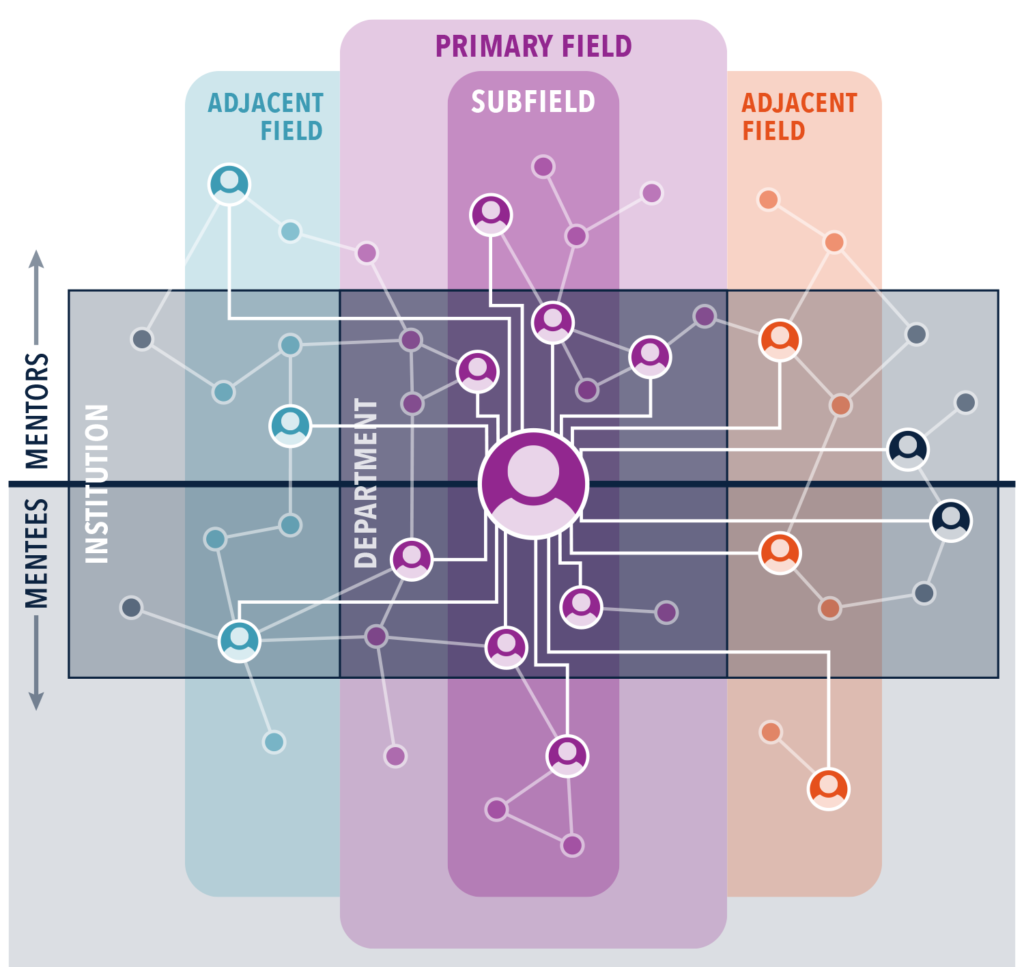
In this paper, we centralize information on what good & poor mentorship looks like, how good mentorship is critical to professional and often personal success and fulfillment, how to find mentors, and we provide recommendations for rewarding mentorship as well as accountability for poor mentorship. When it comes down to it, no one teaches us how to be mentors or how to advocate for good mentorship. We hope this paper helps in providing resources and a path forward for a more nurturing and equitable academia.

The paper is still behind a paywall, for now, but below are pdfs of the tables (one on mentorship resources, another on mentor-mentee expectations) and sample mentorship plan/guide. These are incredibly useful, and we hope anyone reading this will get something important from them. Also, please feel free to contact me for a pdf of the full manuscript – happy to send it!
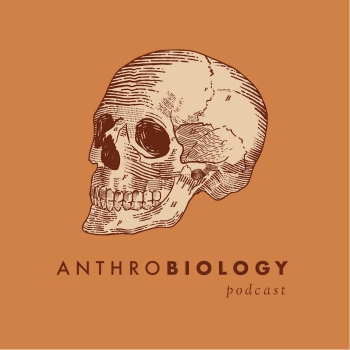
I had SO MUCH fun going on Gaby Lapera’s podcast, AnthroBiology.
Gaby is incredibly easy to talk to and a well prepared podcast host. I highly recommend chatting with her. You can listen to the episode here where I talk about my research and science communication.
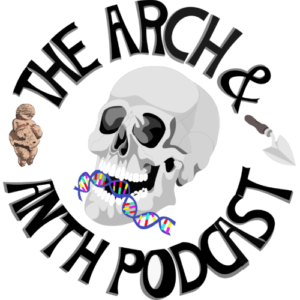 I was thrilled to have the opportunity to chat with Dr. Michael Rivera on his highly successful and productive Arch and Anth Podcast. Have a listen here.
I was thrilled to have the opportunity to chat with Dr. Michael Rivera on his highly successful and productive Arch and Anth Podcast. Have a listen here.
In this episode you can hear about my recent work with reindeer herders in Finland in collaboration with Dr. Minna Turunen, Dr. Päivi Soppela, Dr. Karl-Heinz Herzig, and Ville Stenbäck.
You can read more about this work here.
You can support and get more amazing Arch and Anth Podcast episodes here.
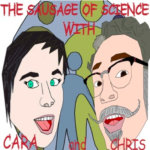 “I realized that I profited from studying a group of people, pursing my own interests, my own questions, using my own methods, and (without intending to do so) I was perpetuating a colonial way of doing science that was not there to serve the populations that I studied. And it was a shock to me.”
“I realized that I profited from studying a group of people, pursing my own interests, my own questions, using my own methods, and (without intending to do so) I was perpetuating a colonial way of doing science that was not there to serve the populations that I studied. And it was a shock to me.” Sausage of Science Episode #71: The Making of Meaning with Dr. Jeff Peterson
Sausage of Science Episode #71: The Making of Meaning with Dr. Jeff Peterson
“So it’s interesting thinking about with humans and dogs, how they share these ways of making meaning at a semiotic level, at an indexical level…”
Hear more about semiotics, human evolution, and dogs here.
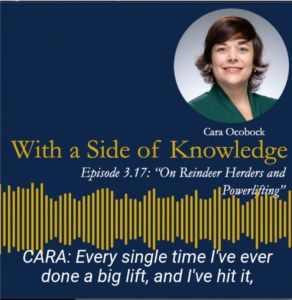 Back in early March I was interviewed by Ted Fox for the With a Side of Knowledge podcast.
Back in early March I was interviewed by Ted Fox for the With a Side of Knowledge podcast.
South Bend was getting what we all thought would be the last snow of the winter (we are expected to get 3-5 inches of snow tomorrow…April 17th). Spring Break was just two days away, and I had planned a cabin retreat to re-focus my energy on research. An official pandemic would not be declared for another two weeks.
When I returned from that cabin retreat to a different world. The severity of Covid-19 was finally being recognized, Notre Dame made the call to shift to remote instruction, and there was a run on toilet paper.
Listening to my interview now, I feel nothing but gratitude. I am grateful to have opportunities to talk about the work I love. I am grateful to have a job that supports me in doing the work I love. I am grateful for a job that continues to support me working safely from home.
This past month has been filled with difficult transitions, but today this podcast made things a bit easier for me.
I am going to try and be better about posting new podcast episodes!

Here is the most recent one where Dr. Sam Urlacher (Baylor Anthropology) discusses his work among Shuar children. His interview was also the first one we conducted while in quarantine, and so conversation is both insightful and meandering given the wear and tear of isolation.
 Chris Lynn and I recently wrote an article for Practicing Anthropology discussing the how and why we podcast for the Human Biology Association. The short and sweet answer is that it is a labor of love. We love what we do and all the amazing people we get to interact with, and we want to share that through the Sausage of Science.
Chris Lynn and I recently wrote an article for Practicing Anthropology discussing the how and why we podcast for the Human Biology Association. The short and sweet answer is that it is a labor of love. We love what we do and all the amazing people we get to interact with, and we want to share that through the Sausage of Science.
This article also provides a brief road map of how to go about making your own podcast if you are interested. Here is the link the article abstract, feel free to contact me for a pdf. Also, here is a link to the blog post Chris wrote about the article!